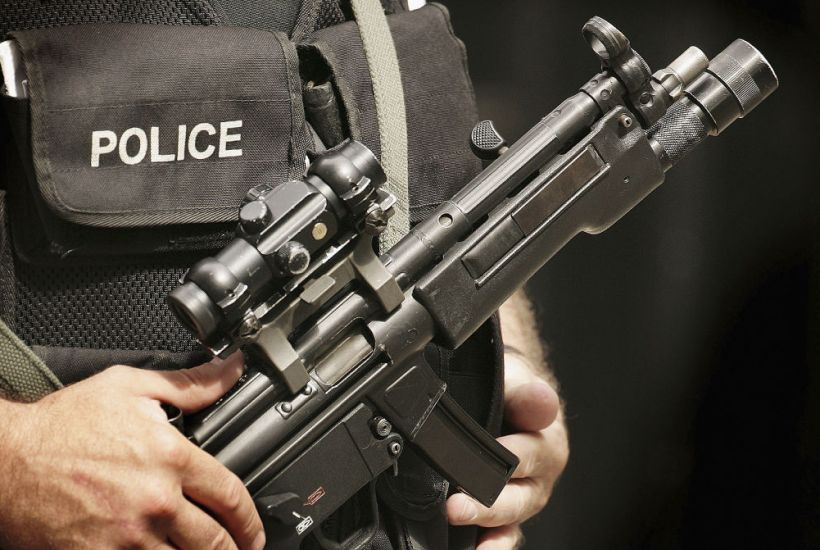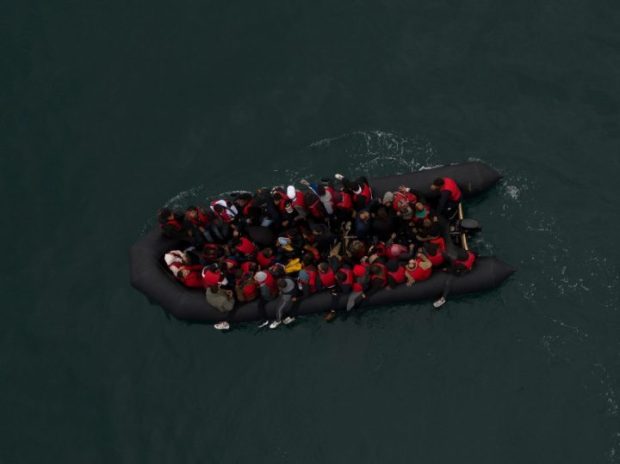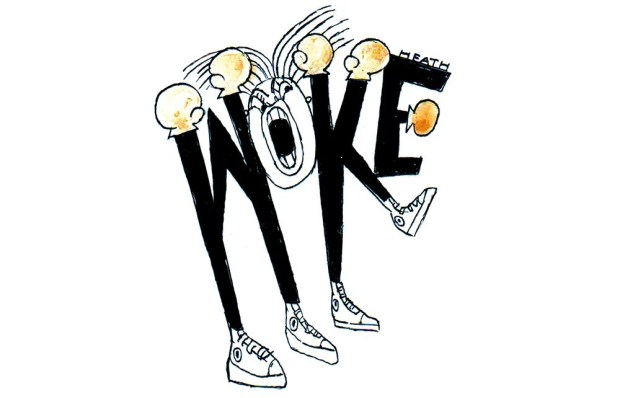The decision by up to 300 Metropolitan police firearms officers to withdraw from armed duties is a serious and worrying development – the gravest that Sir Mark Rowley has had to face since he took over as Commissioner 12 months ago.
It follows last week’s announcement by the Crown Prosecution Service (CPS) to charge a Met firearms officer with murder over the fatal shooting of Chris Kaba in south London in September 2022. The 24-year-old, who was black, was shot through the windscreen of a car which police had followed and tried to box in. Police had believed the car was linked to a firearms incident the previous day. No gun was subsequently found.
The Independent Office for Police Conduct (IOPC) launched a ‘homicide’ investigation, which took six months to complete. The CPS then took six months to make a charging decision. The officer, who has been suspended from duty for more than a year, is due to face trial next autumn. Whatever the outcome, there will be an inquest afterwards and possibly further proceedings, too. It could well be 2026 before all legal matters are dealt with.
No one would relish the prospect of living for so long under a cloud of uncertainty and anxiety – and it’s one of the key reasons why armed officers are pulling out. They accept their actions will be scrutinised, every shot they fire must be justified and they may have to account for what they did in court but, they ask themselves, is it worth it? It took ten years for Anthony Long, the last firearms officer to be prosecuted for murder in the line of duty, to face trial (and clear his name) after he shot a suspected armed robber, Azelle Rodney, in 2005. Almost eight years on, a Met firearms officer known as W80, who fatally shot Jermaine Baker during an operation to thwart a prison break, is still waiting to find out if he’ll face a misconduct hearing after a succession of legal wrangles.
To ‘reduce the punitive impact’ of such delays and ensure the public see ‘rapid resolutions’ where there’s been wrongdoing Rowley has now called for time limits for the IOPC and CPS. This idea was in a hastily-written letter sent to the Home Secretary, Suella Braverman, on Sunday afternoon. She had tweeted her backing for ‘brave firearms officers’ and announced a review of the accountability process, as the scale of the armed officers’ protest became apparent.
The Commissioner also asked Braverman to consider changing the threshold at which the IOPC can launch criminal or misconduct inquiries and strengthening legal protection for police who use force. But the letter was more of a wish list than a well-evidenced package of proposals: many of the issues Rowley cited have been examined in detail before, including by the UK Supreme Court. In 2015, David Cameron established a review which covered similar ground – it took four years to report back and did not lead to any substantive changes.
It’ll take more than warm words to encourage firearms officers back to a role which they volunteer for
The real purpose of Braverman’s review and Rowley’s letter is to send a message to firearms officers: ‘We’ve got your back, we understand your concerns, we’ll try to improve things – but please return to work.’ The absence of 300 armed officers can be covered temporarily by police from other constabularies but it will cause significant problems in the long term. The number of firearm officers was on the decline well before this latest controversy – there are just over 6,000 across England and Wales, down by almost 600 in four years, representing just 4 per cent of the total officer workforce.
But it’ll take more than warm words to encourage firearms officers back to a role which they volunteer for. What they want is for their managers and leaders to back them through good times and bad. Mark Williams, Chief Executive of the Police Firearms Officers Association, told the BBC’s World at One programme that Rowley had met Kaba’s family – but not the officer who’d shot him. ‘They all back off straight away… they don’t want to talk to the officers, they don’t want to be seen with them – unless of course we shoot a terrorist then of course everyone’s happy to have a photograph taken,’ he said.
The challenge for Rowley in shoring up support among armed officers is made more complex because of his pledge to overhaul standards of behaviour in the specialist firearms command, MO19. Baroness Louise Casey’s eye-opening review into the Met identified ‘elitist attitudes and toxic cultures of bullying, racism, sexism and ableism’ in the unit. Casey’s report said junior-ranking firearms officers hold ‘disproportionate power’ in their relationships with senior personnel because of the importance of the ‘blue card’ status – the permit which gives them authorisation to carry guns.
It helps explain why Rowley is taking the concerns of those officers so seriously – but also how he must not lose sight of the bigger picture. Solving the immediate crisis of a collapse in confidence among armed police cannot be achieved by neglecting the fundamental cultural changes that are needed in MO19.
Got something to add? Join the discussion and comment below.
Get 10 issues for just $10
Subscribe to The Spectator Australia today for the next 10 magazine issues, plus full online access, for just $10.




















Comments
Don't miss out
Join the conversation with other Spectator Australia readers. Subscribe to leave a comment.
SUBSCRIBEAlready a subscriber? Log in